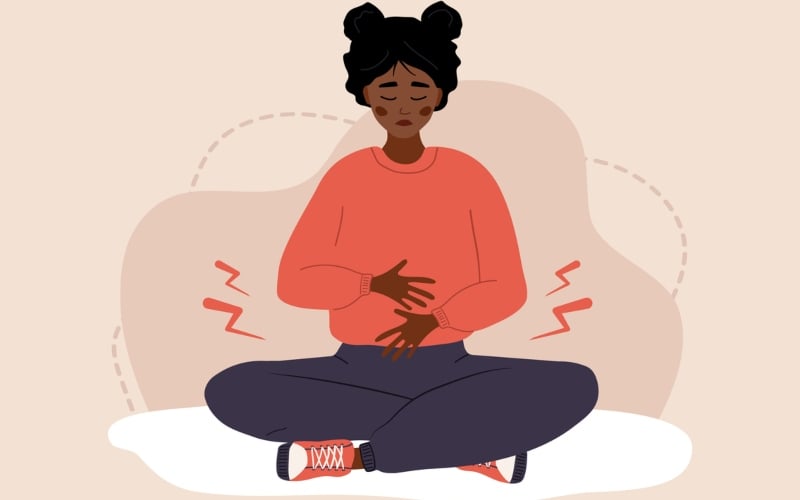By Patti Verbanas-Rutgers
The study in the Journal of Developmental Behavioral Pediatrics is the first to examine the relationship between diaper need and sleep.
“Sleep promotes brain development and solidifies learning and memory,” says coauthor Sallie Porter, an associate professor at Rutgers University School of Nursing. “Children with compromised sleep are more at risk for childhood obesity and emotional and behavioral problems.”
The researchers surveyed 129 parents of children age 3 and younger who were involved in early development, home visiting, and disability support programs on the severity of their diaper need and their child’s sleep habits. The habits include the time it takes for them to fall asleep, how often they wake at night, the longest stretch they sleep, and the total number of minutes they sleep.
The researchers asked parents to report difficulties with bedtime routines, sleep problems, and sleep locations, as well as their perceptions of their child’s quality of sleep. The researchers also asked parents if their child had been diagnosed with a developmental disability.
They found that 88% of the participating families were food insecure and 76% were without diapers at least once a year, with more than one-third reporting not having diapers monthly. One-third of the children had a diagnosed developmental disability and 47% of the parents had concerns about their child’s development.
The researchers found that children in families that struggled to provide diapers were more likely to have disrupted, shorter sleep periods, and lower total sleep scores.
Parents who worried about not having enough diapers at least monthly were more likely to report their baby’s sleep as a problem or difficult.
“Approximately one-third of US mothers report difficulty affording diapers, and prevalence during the COVID-19 pandemic is likely much higher,” says Porter.
“Diaper need is associated with an increased incidence of irritated skin and urinary tract infections. It is also related to increased maternal mental health symptoms.”
Porter says the findings suggest that clinicians should ask about diaper need during well-child visits and then connect families to resources that provide diapering supplies. They should also provide guidance on appropriate sleep practices, including consistent calming bedtime routines.
Source: Rutgers University
—
This post was previously published on futurity.org and is republished here under a Creative Commons license.
***
You Might Also Like These From The Good Men Project
 Compliments Men Want to Hear More Often
Compliments Men Want to Hear More Often  Relationships Aren’t Easy, But They’re Worth It
Relationships Aren’t Easy, But They’re Worth It  The One Thing Men Want More Than Sex
The One Thing Men Want More Than Sex  ..A Man’s Kiss Tells You Everything
..A Man’s Kiss Tells You Everything Join The Good Men Project as a Premium Member today.
All Premium Members get to view The Good Men Project with NO ADS.
A $50 annual membership gives you an all access pass. You can be a part of every call, group, class and community.
A $25 annual membership gives you access to one class, one Social Interest group and our online communities.
A $12 annual membership gives you access to our Friday calls with the publisher, our online community.
Register New Account
Log in if you wish to renew an existing subscription.
Username
First Name
Last Name
Password
Password Again
Choose your subscription level
- Yearly - $50.00 - 1 Year
- Monthly - $6.99 - 1 Month
Credit / Debit Card PayPal Choose Your Payment Method
Auto Renew
Subscribe to The Good Men Project Daily Newsletter By completing this registration form, you are also agreeing to our Terms of Service which can be found here.Need more info? A complete list of benefits is here.
—
Photo credit: Shutterstock
The post When Families Can’t Afford Diapers, Children Sleep Worse appeared first on The Good Men Project.
Original Article










